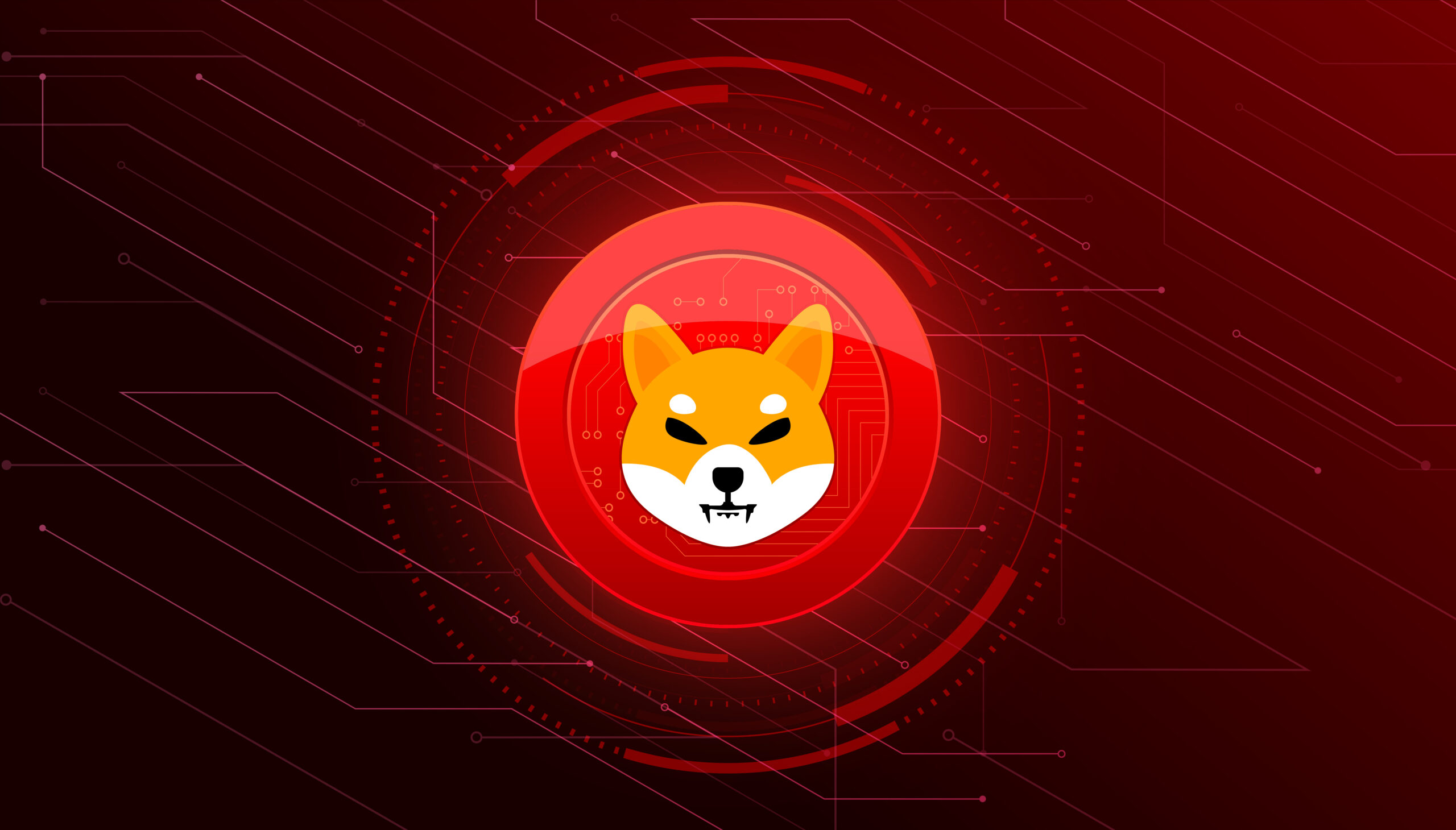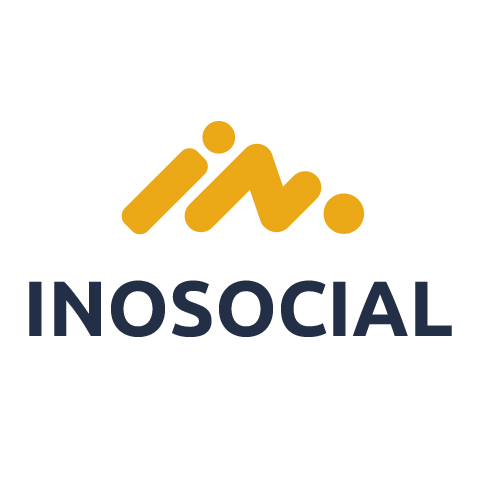Have you ever thought about it? How can you not stop scrolling on Facebook? Or how you check your Instagram every three minutes for new content even when you’re not interested in communicating with followers?
What if we told you that this is actually a real thing? Not in the sense of substance abuse but rather an actual addiction with social media sites. Social media has become engrained in everyday life, with 82% of Americans having at least one social media account.
In today’s society, people are more often glued to their phones as compared to 10 years ago. It is easier to stay connected and keep up-to-date about everything going on around us, from friends’ lives to news to who won last night’s basketball game or even how your fantasy football team is doing. However, the question remains: Is social media addiction a real thing?
The answer: yes and no. While you may be scrolling on Facebook, watching an Instagram story, or tweeting unnecessarily, the chances are that it does not interfere with your daily life. However, if you feel like it is interfering with your life and/or causing problems in relationships (work-related or personal); the internet can become addictive like any other substance such as drugs or alcohol.
You don’t necessarily need to meet criteria for addiction such as withdrawal symptoms (irritability, stress), but excessive use of the internet can affect parts of your life negatively, just as not using social media would do so positively. The key difference between this and drug or alcohol abuse is that there is no physical dependence needed for you to deem it an addiction.
How do you Know when you’re Addicted to Social Media?
You may not be able to point out right away that you’ve been sucked into social media addiction. Nonetheless, there are some behavior patterns that may be indicative that you’re getting addicted to social media. Here are a few waning signs of social media addiction to keep an eye on.
- Using social media at the expense of work or school: You may want to seek assignment writing help from professionals when you have a huge backlog of assignments that is driving you into writers block. That’s understandable but when you use social media when you should be focusing on your homework/assignment or when you should be working and end up with huge loads of assignments to complete within a short period then chances are there you’re overusing the internet.
- When you use social media as a way to escape from problems in life such as depression, anxiety, stress, etc: If this becomes more prevalent, you might want to consider having a conversation with somebody about what is going on in your life that led you to start using social media frequently.
- Feeling like you need to check social media throughout the day: There is early no problem checking social media daily. After all, you may need it for essay help or to connect with like-minded persons or promote your business. The problems begin when you feel like you need to check your social media constantly or that it is taking up too much of your time. It might be an indicator that there are other issues in life that could be causing stress.
- Spending more time on social media than initially intended: At first, you may have planned on spending 30 minutes scrolling through Facebook only to find yourself still logged into the site hours later.
These are just some of the signs and symptoms that can indicate social media addiction. Others may include neglecting your responsibilities at home, school, or work; not engaging in activities you used to find pleasurable; depression; anxiety; isolation from friends and family; becoming defensive when asked to stop using it for a period of time (2 weeks, 30 days); avoiding face-to-face interaction with friends and family…etc.
Is Social Media Addiction Harmful? If so, what are the Dangers?
Social media is supposed to be fun, interactive and there can never be too much of what society deems “fun.” However, like anything else that provides enjoyment but becomes addictive, like gambling or drugs/alcohol, there are dangers associated with excessive use of social media. For example;
- Spending too much time on social media can interfere with your ability to do your job/assignments properly and can take away from meaningful relationships such as those with friends and family members. This is especially true if you neglect responsibilities at home, school, or work in order to spend more time on the internet than intended.
- You could become reliant and addicted to social media sites. It does not take long before social media use becomes a habit, and you become reliant on it to keep in touch with friends and family, share pictures of yourself, have fun…etc.
- Spending too much time on social media can have serious consequences when trying to succeed academically or professionally. This could lead to bad grades/grades slipping if you spend too much time checking Facebook instead of studying for an exam, etc…It may also lead to issues at work such as poor performance and/or losing your job altogether if you spend too much time scrolling through Instagram instead of performing your duties.
- Constant use of social media sites can lead to depression and loneliness, which can develop into serious mental health problems like anxiety, bipolar disorder, or even schizophrenia down the line. Avoiding situations that cause these feelings (being alone in general) may not be enough when it comes to dealing with them; this is why talking to a therapist who specializes in social media addiction would be beneficial.
- Social media has been linked to cyber bullying, especially among teenagers. The problem with this issue is that victims often feel helpless and alone in their suffering and fears that others will judge them negatively. In reality, there are steps they can take to end cyber bullying before it turns into something more serious. This may include deleting unfriendly users from your list of contacts or blocking them altogether, not responding to negative messages/posts by other users, and reporting inappropriate activities on various sites, etc.
The Bottom Line
Social media has many benefits when used correctly and responsibly. It’s important to remember that using the internet excessively can lead to serious social (and in some cases health and mental) problems. This is why it’s recommended to use various sites like Facebook, Twitter…etc. for specific purposes only (i.e., checking updates from friends, sharing pictures of your vacation, etc.)
Author Bio:
A writer by profession, Eun Rockwell is a British blogger and academic writer who works with reputed agencies. She likes to try new subjects, proving her worth as an author in challenging writing areas. Her hobbies are reading books or traveling for adventure! You can reach Eun on Twitter @rockwell_eun_.





